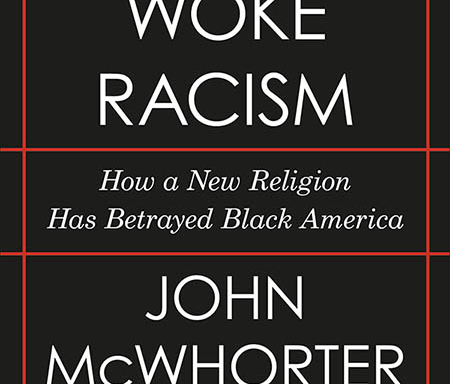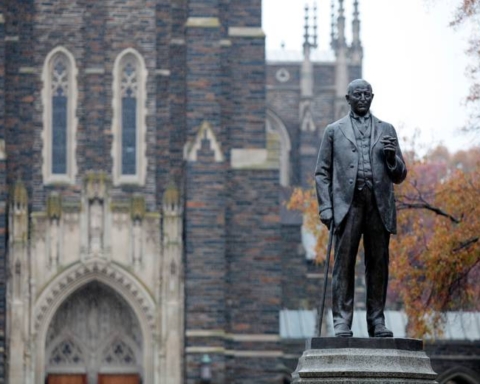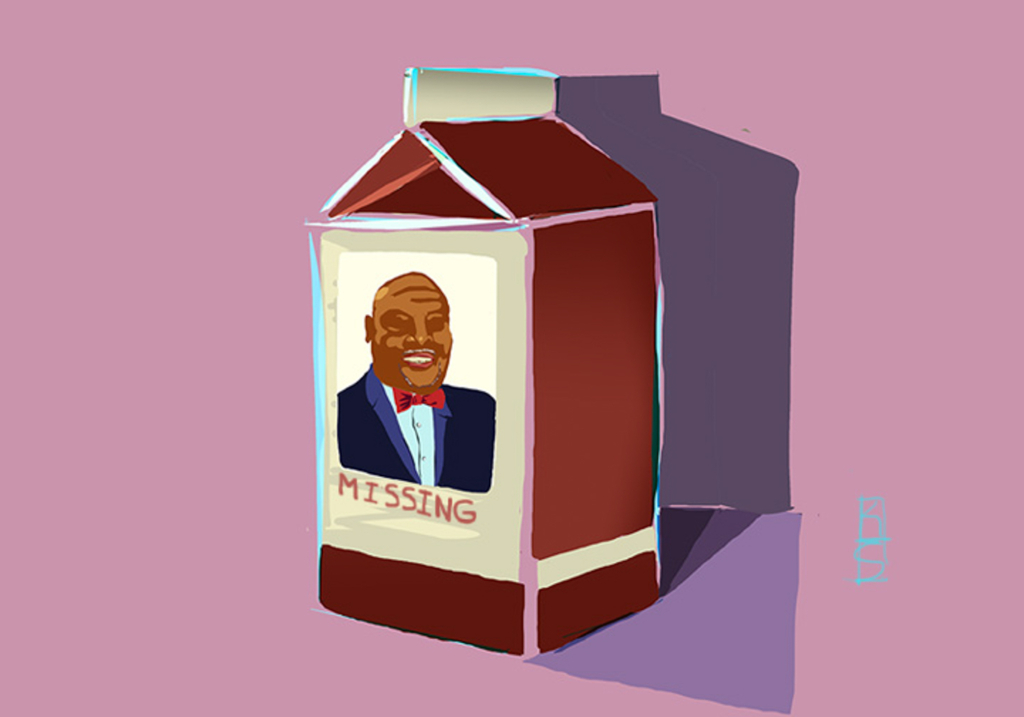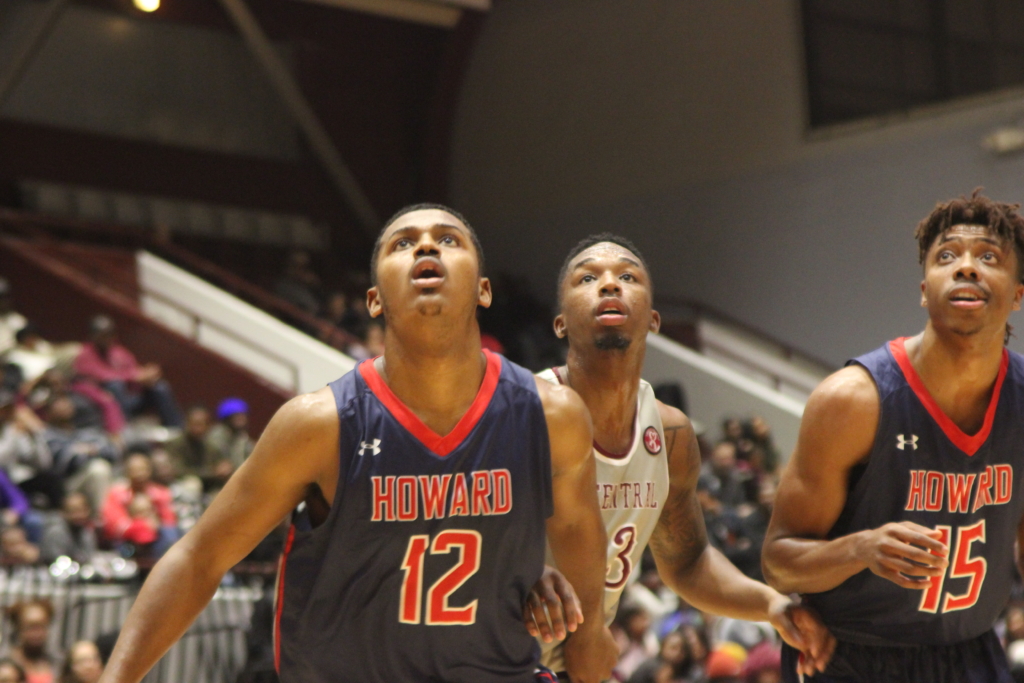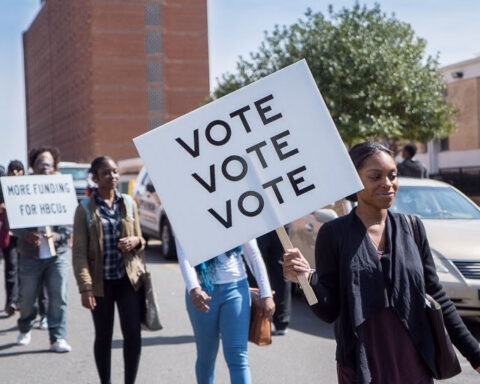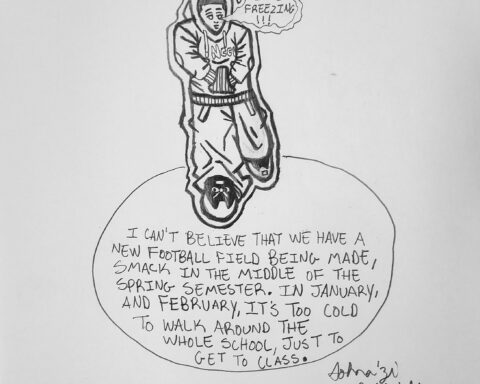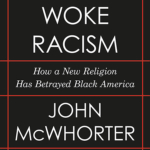How would people react if tomorrow it was announced that Will Smith was cast as the next Superman? Or if Idris Elba would play Batman?
We’d like to think that mostly everyone would go along with it. These two are incredible actors and would do a great job in those roles, hypothetically. In reality, many people would take to social media and let out an overwhelming cry of disapproval if an actor of color was cast in these roles specifically.
The reason being that these characters are historically white. Nothing about their backstory demands that they be portrayed by a specific race. Still, they have remained white for over 75 years.

So why couldn’t Bruce Wayne be an African-American, playboy philanthropist who secretly guards Gotham by night? Well, the answer is a bit complicated.
Racebending is when a character’s race or ethnicity is changed in an adaption for a new form of media. This has always a point of contention for most comic fans and nerds alike. The reason is that fans have a deep admiration for seven decades worth of lore and mythos and naturally feel very protective of it.
Comics have a deep, rich history that a niche group of readers will forever feel is sacred and iconic since, to them, there is nothing like it out there. So when movie studios decided to cash in on an untapped source of material, everything went downhill fast.
Unfaithful adaptations were put into theaters over the years to make money off of brand recognition. Movies like Batman & Robin, Judge Dredd, and of course the highly irredeemable Superman III and IV.
Alas, the dark ages are over.
Now superhero films are some the highest grossing films of all time, adored by critics and fans alike (mostly). All of this happened because studios like Marvel and Warner Bros. made their films more faithful to the source material.
By capturing the essence of what made these long lasting characters great, they ignited a spark in the wallets of consumers willing to see their favorite heroes and heroines come to life on the silver screen.
This is where the issue of racebending comes in.
The problem with characters that were created decades ago is that not everything about them may hold up in modern day. Superman’s 1939 ideals of truth, justice and the American way may not exactly match up with Trump’s idea of America in 2017.
The demographic of Queens in the 1960’s is different than it is in 2017. So today, when you think of a teenaged Queens resident living slightly above the poverty line with his aunt and uncle, someone who looks like Peter Parker may not be the first person that comes to mind.
The point is that society is always changing, and culture along with it.
With perpetual diversity in the world, why not let characters in our fictional pantheons reflect that? As long as race isn’t integral to the core of the character, racebending shouldn’t be an issue. An actor/actress shouldn’t be excluded from potentially landing the role of a lifetime because of his race. What should matter is his/her talent.
The character of Luke Cage should always be black because dealing with racism and gentrification is integral to who that hero is. Iron Fist should be portrayed by a white actor because being an outsider in Asian in culture is a part of his journey.
Each act of racebending should be looked at through a case by case basis. Diversity shouldn’t be put into movies just to pander to an audience. It should be used to properly reflect modern day society and give opportunities for great actors and actresses in an industry that already lacks strong leading roles for minorities.


